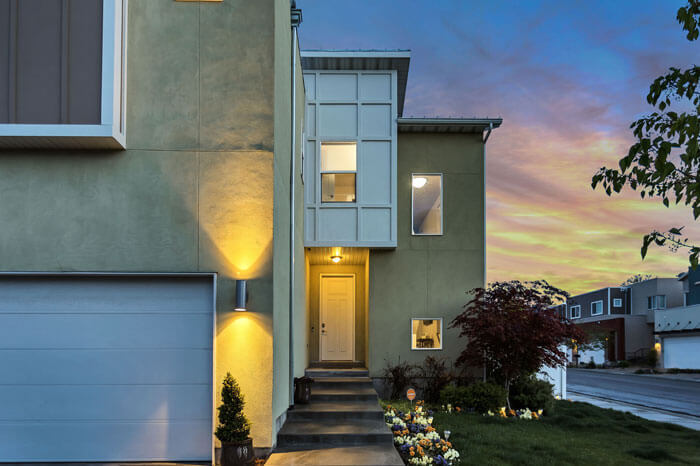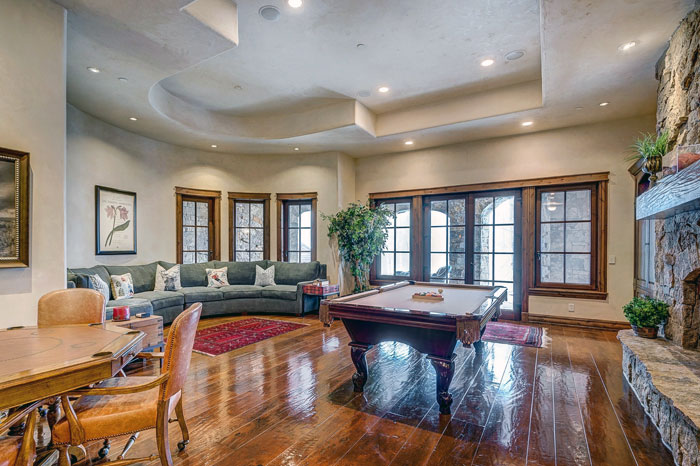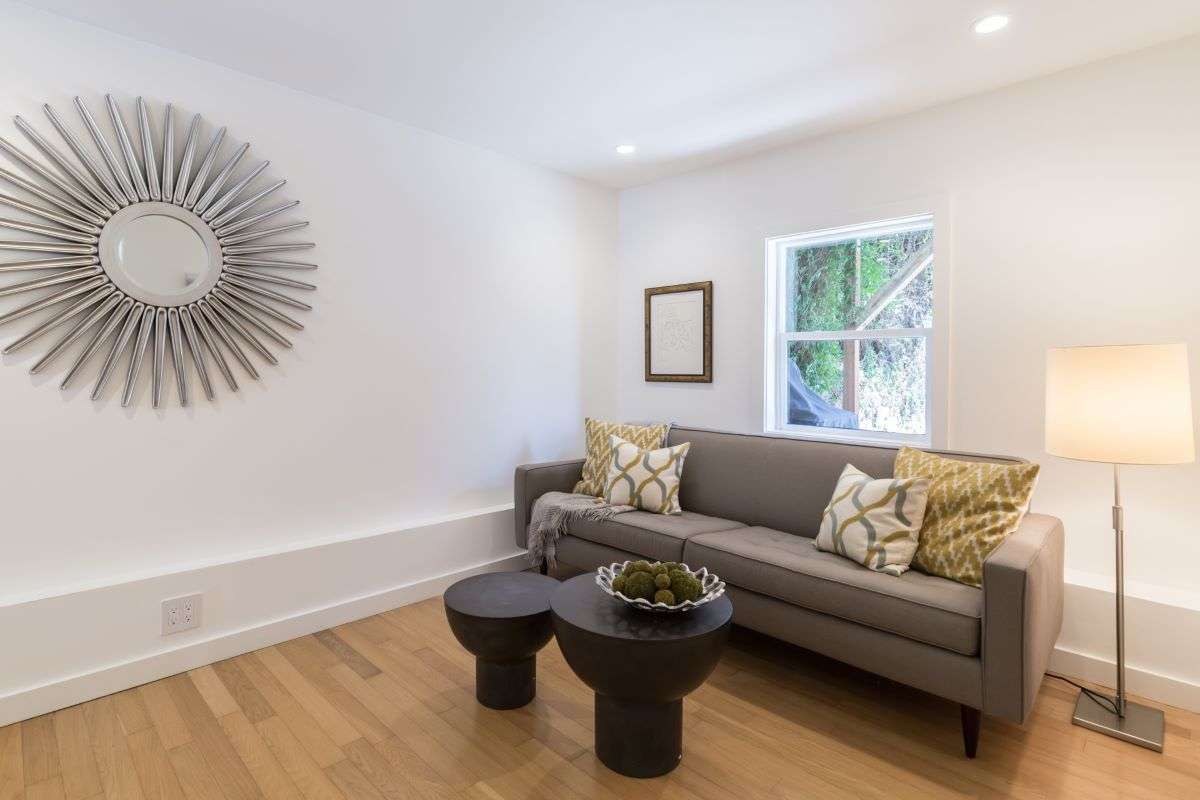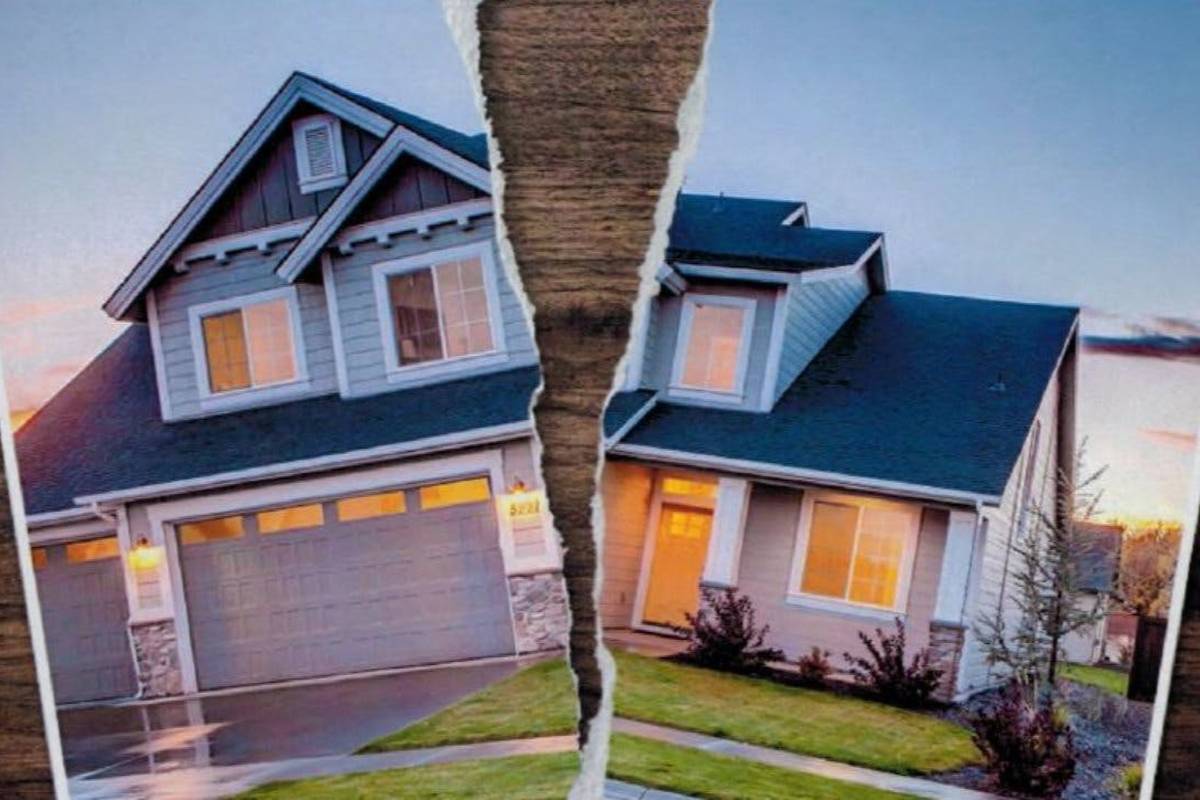Should You Invest in a Condo?
Investing in real estate is a significant decision that requires careful consideration of various factors. Condominiums, or condos, present a popular investment option for many individuals.
Before diving into the real estate market, it’s essential to weigh the pros and cons to determine if a condo is the right investment for you.
Is a Condo a Worthwhile Investment?
The viability of a condo as an investment property hinges on its location, a factor that greatly influences its potential for attracting visitors or long-term tenants.
Condos typically come at a lower price point than single-family homes, making them an accessible entry point for property investment. The affordability is particularly advantageous for managing monthly upkeep, especially during periods without tenants.
Condo associations, while offering certain benefits, can pose restrictions, such as limitations on renting out your property. It’s crucial to verify these rules before purchasing. Some associations mandate a percentage of owner-occupied units, aiming to ensure better property maintenance and higher values.
If permitted to rent, this can be advantageous for your property’s value and tenant satisfaction due to overall improved building upkeep.
Pros of Investing in a Condo
If you’re considering investing in a condo property, here are its upsides that you’d want to think about:
Affordability and Accessibility
Condos are often more affordable than standalone houses, making them an attractive option for first-time investors. They provide an opportunity for homeownership at a lower cost, and many condos are even located in urban areas.
Maintenance Convenience
One of the significant advantages of condo living is that maintenance responsibilities, such as landscaping and exterior repairs, are typically managed by the condominium association.
This can be especially beneficial for individuals with busy lifestyles or those who prefer a hands-off approach to property maintenance.
Amenities and Shared Facilities
Condos often come with shared amenities like swimming pools, fitness centers, and communal spaces. These facilities enhance the overall living experience and can be a selling point when attracting tenants or potential buyers.
Shared expenses for these amenities are typically covered by the condo association fees.
Security and Community Living
Condo communities often have security measures in place, such as gated access or on-site security personnel. This can provide a sense of safety for residents. Additionally, the close proximity of neighbors in a condo complex fosters a sense of community.
Cons of Investing in a Condo
However, it’s worth noting that investing in a condo is not without its drawbacks. Without further ado, here are the downsides of investing in one:
Homeowners Association (HOA) Fees
Condo owners are required to pay monthly HOA fees to cover the maintenance of common areas and amenities. These fees can vary widely and may increase over time, impacting the overall cost of ownership.
It’s crucial to factor in these ongoing expenses when assessing the affordability of a condo.
Limited Control Over Property
Condo owners have limited control over decisions affecting the property. The condo association, comprised of elected representatives, makes decisions on behalf of the community. This lack of control can be a drawback for those who prefer autonomy in managing their property.
Resale Challenges
The resale value of condos may be influenced by factors beyond the owner’s control, such as the overall market conditions and the financial health of the condominium association. Selling a condo could take longer compared to a standalone house, depending on the demand in the local real estate market.
Space Limitations
Condos typically offer less space compared to houses, which may be a disadvantage for those requiring more room or families with children.
Limited storage space and shared walls may also lead to noise-related issues.
The Key Takeaway
Investing in a condo can be a lucrative option, especially if you’re seeking an affordable, low-maintenance lifestyle with added amenities.
However, it’s crucial to carefully evaluate the associated costs, restrictions, and potential limitations to ensure that a condo aligns with your financial goals and lifestyle preferences.













